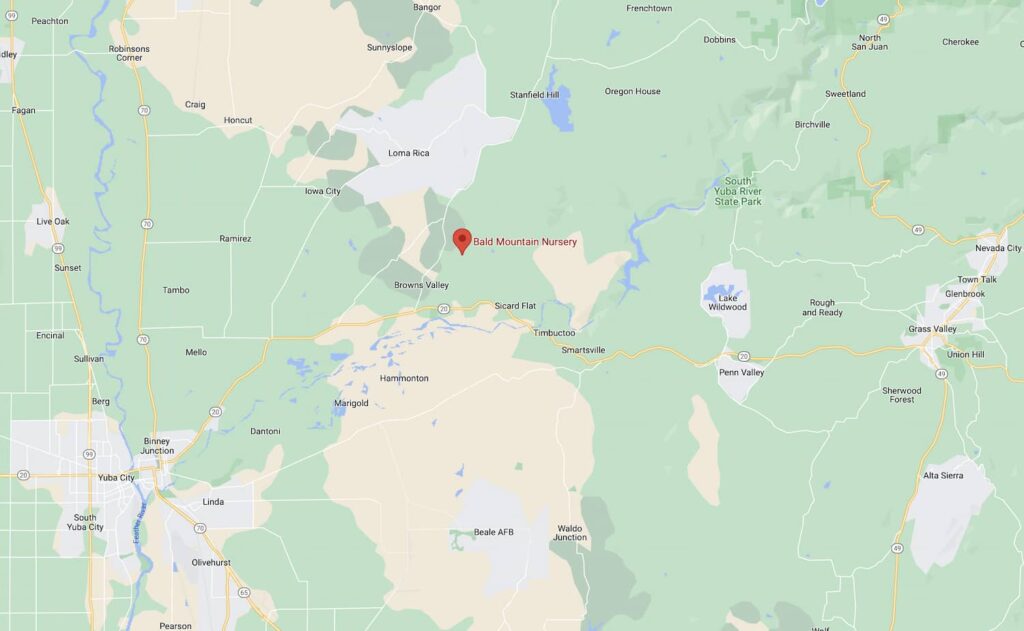. . . It was a rocky start for most vegetable gardens this year.  We had such a cool spring with so much  changeable  weather that the little starter plants had difficulty getting started.  Then they were accosted by hail storms that ruined some of them.  I know that we were scrambling to get a new shipment of little vegetable plants out of harm’s way twice!  We hope that all the vegetable gardens are doing well by now and that you will be able to harvest veggies soon, if you are not already.
. . . July is a month of what seems like non-stop watering.  It is also a month for vacations and other summer activities.  If you are leaving on a vacation, and have someone to do the watering for you, it would be a good idea to go over all the necessary things that need to be done.  That person needs to know any quirks in your watering system, and about any plant that needs extra care or that should not be watered daily, etc.  If you have an automated system, you might ask a relative, friend or neighbor to check it out a time or two while you’re gone to be sure that it is working correctly in case of a power outage or other incident that might have caused a problem somewhere in the system to prevent its working properly.  We usually repeat this cautionary statement each summer because every year we seem to hear a sad story of  plant losses  while on vacation.
. . . Insufficient water is the cause for most plant losses during the hot summer months.  Deep watering and mulching around plants are helpful methods to keep plants adequately watered.  If you notice blossoms shriveling and dropping before they are spent, leaves curling in the heat of summer and not recovering in the evening – that is an indication of too little water.  The leaves may become crisp and dry, get brown edges, and begin to drop.  If a plant has reached that point, a way must be found to give that plant – or those plants more water.  A good deep watering usually will mininmize the damage, and the use of a product called “Superthrive†when watering can further mitigate the damage.
. . . We have customers ask if they can be over-watering  a plant or tree that is having problems during the summer.  It is difficult to over -water during the hottest part of the summer, but it is possible.  If you suspect that overwatering is causing whatever the problem may be, you can always use a water meter, or try this simple test.  Dig a 12†deep test hole in the area and take a fistful of soil from the bottom of the hole.  Be sure that it isn’t soil that has fallen into the bottom from the sides of the hole.  Squeeze the soil  into a ball – if it falls apart or is crumbly, the water supply is inadequate.  If it drips water it is too wet indicating too much water.  If it sticks together and retains it shape when you stop squeezing, it indicates proper watering.  Also keep in mind that plants that are over-watered constantly will usually take on an overall yellow look, and be droopy, rather than having their leaves getting dry and falling.
. . .Mower blades should be set to mow your grass no shorter that two inches. Â When the grass is just a bit longer it will shade the ground and help conserve the moisture. Â A lawn that has been cut very short will require more water to keep it nice and green due to the more rapid evaporation of moisture.
. . .Crape myrtles are beginning to bloom in some areas, and will continue to bloom most of the summer. Â They come in many colors, white and many shades of red, pink and lavender. Â Different varieties will also vary greatly in mature height, so that may be an important consideration depending on where you intend to plant the one you choose. Â Color subtleties can be difficult to describe which would suggest that they be chosen while in bloom if you have a very specific color in mind. Â Another summer blooming, very hardy, deciduous plant is the Rose of Sharon in the hibiscus family. Â They come in white, shades of pink, lavender and blue, some have single blooms that look like the tropical hibiscus, and some have double blooms. Â Both Crape Myrtle (Lagerstroemia, zones 7-10) and Rose of Sharon (Hibiscus syriacus, zones 2-24) naturally grow as large shrubs, but are also available that have been trained to trees. Â Both are excellent plants for this area.
. . . We hope everyone has a nice and safe 4th of July, and enjoy your summer – and come visit us for all your gardening needs.

